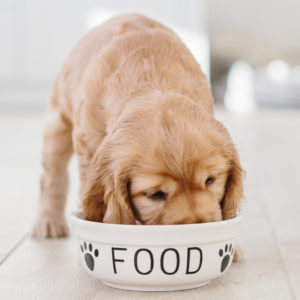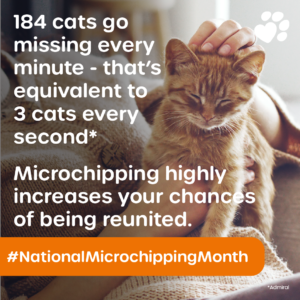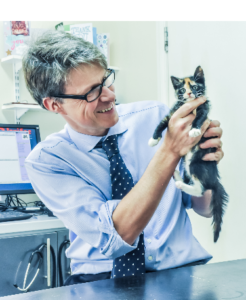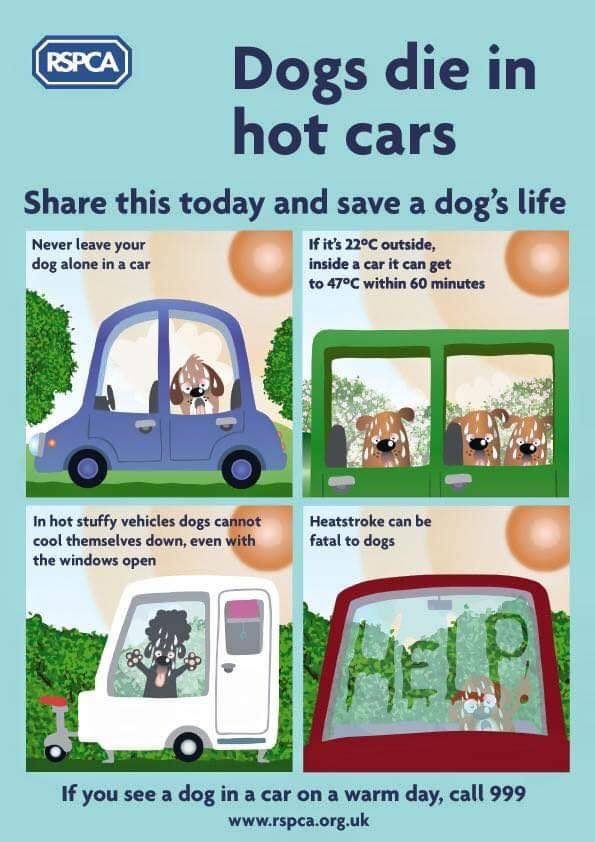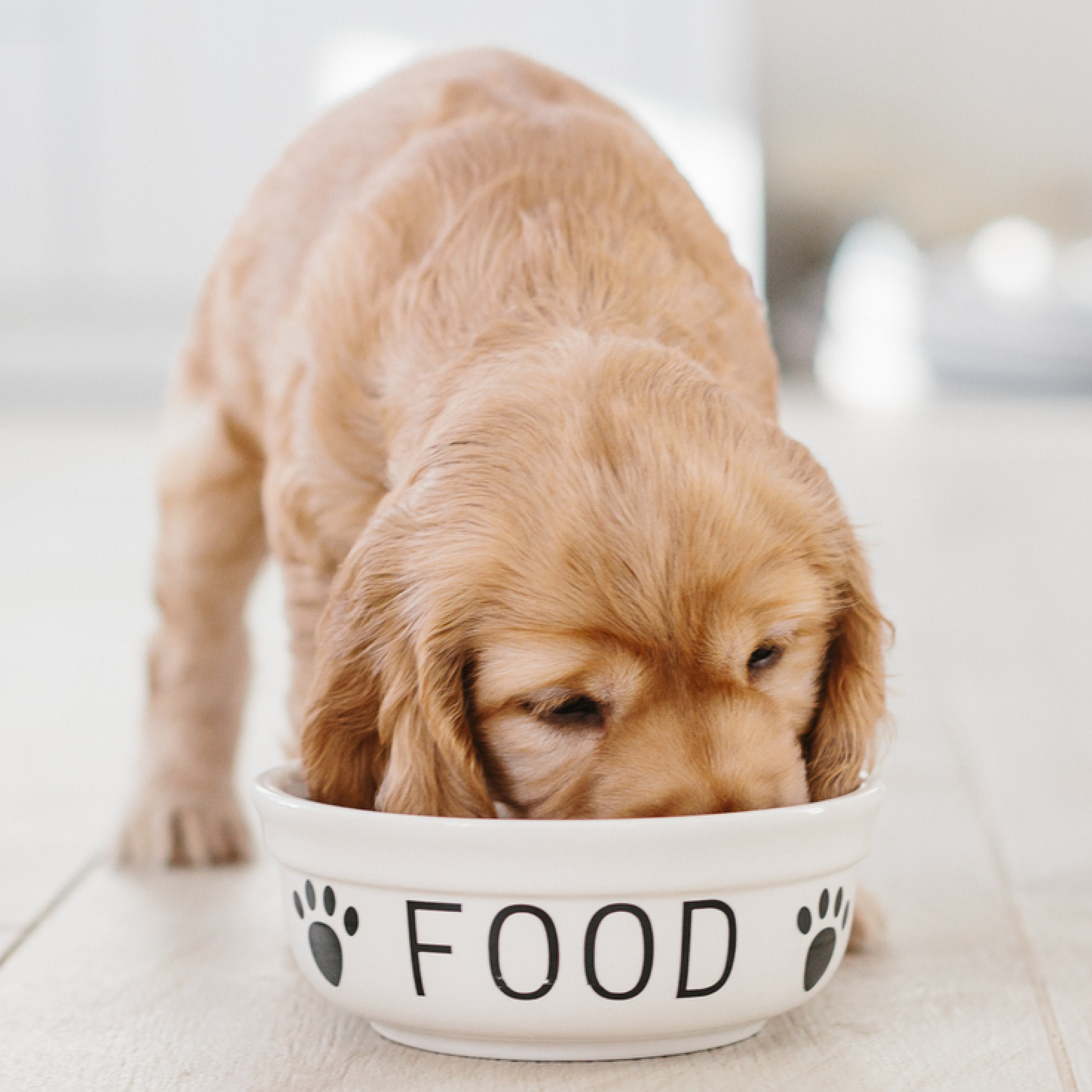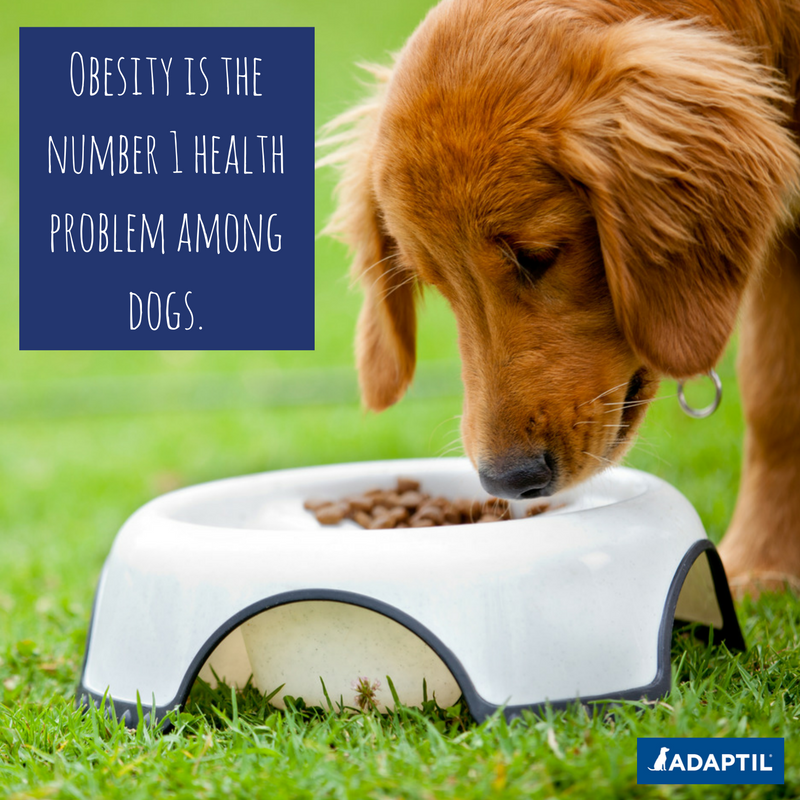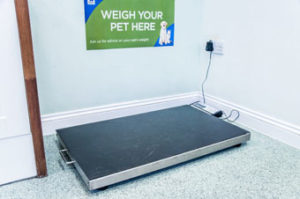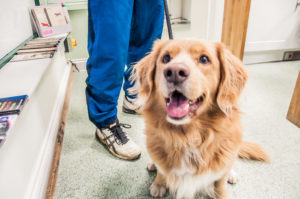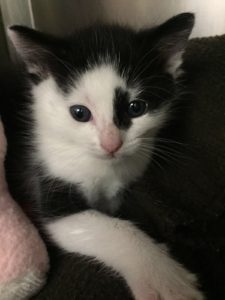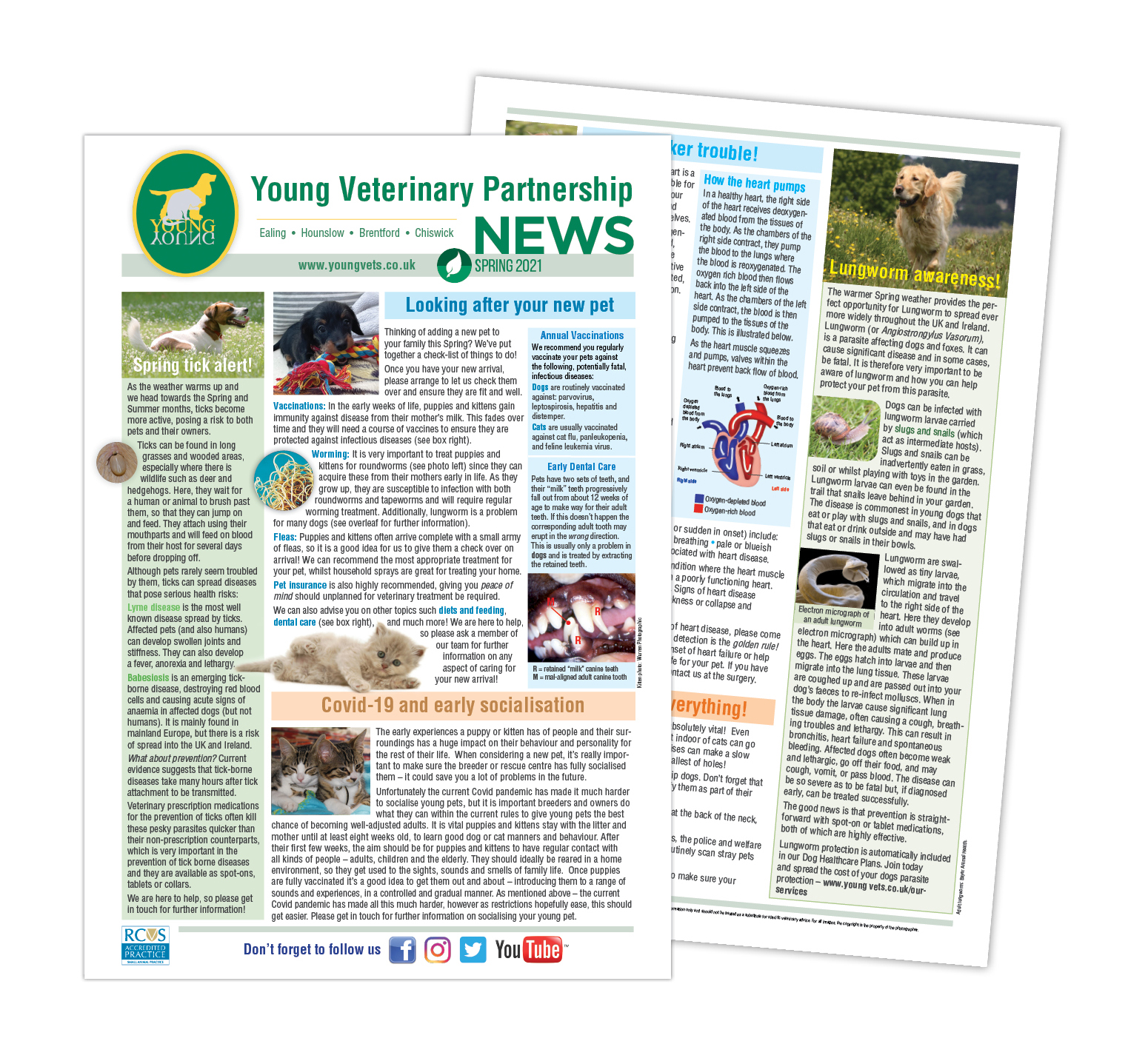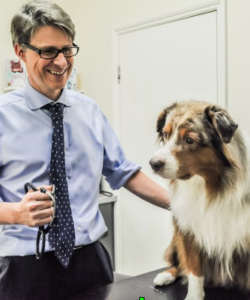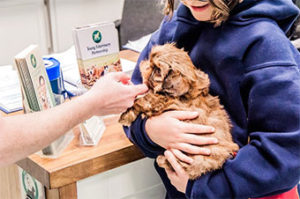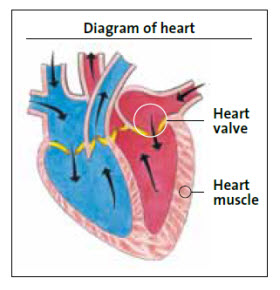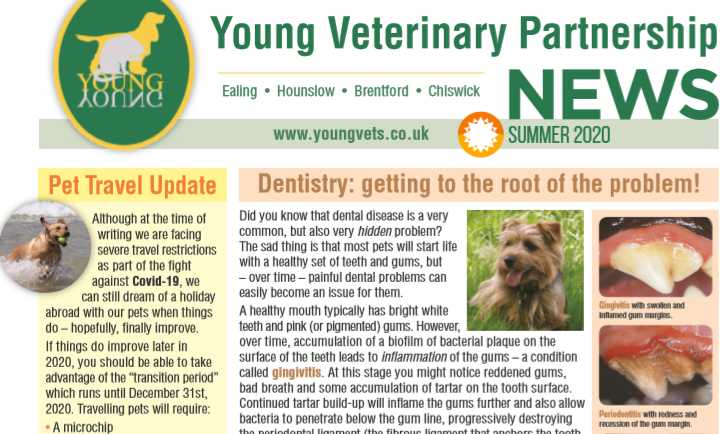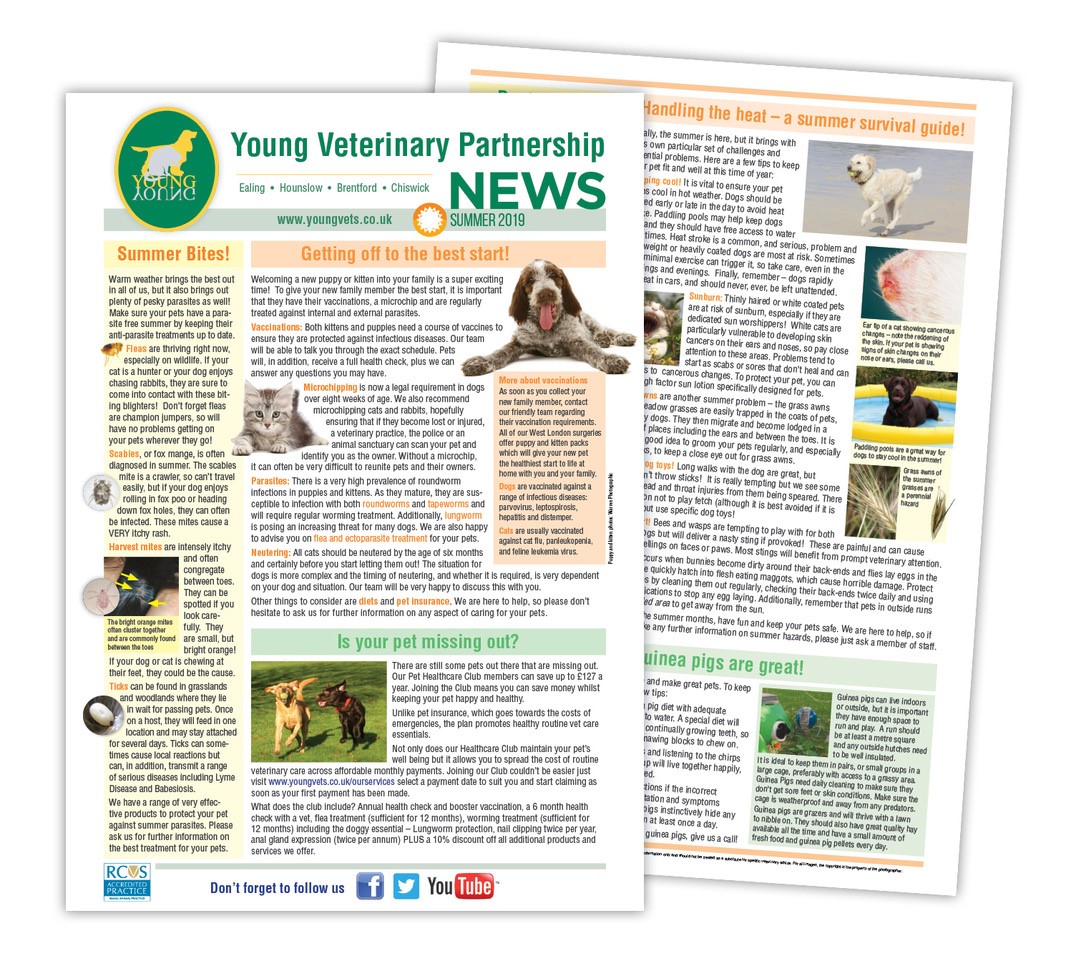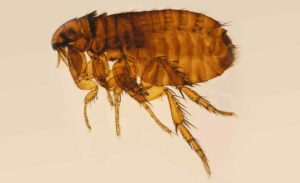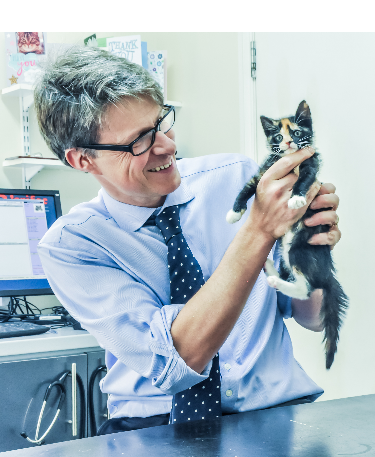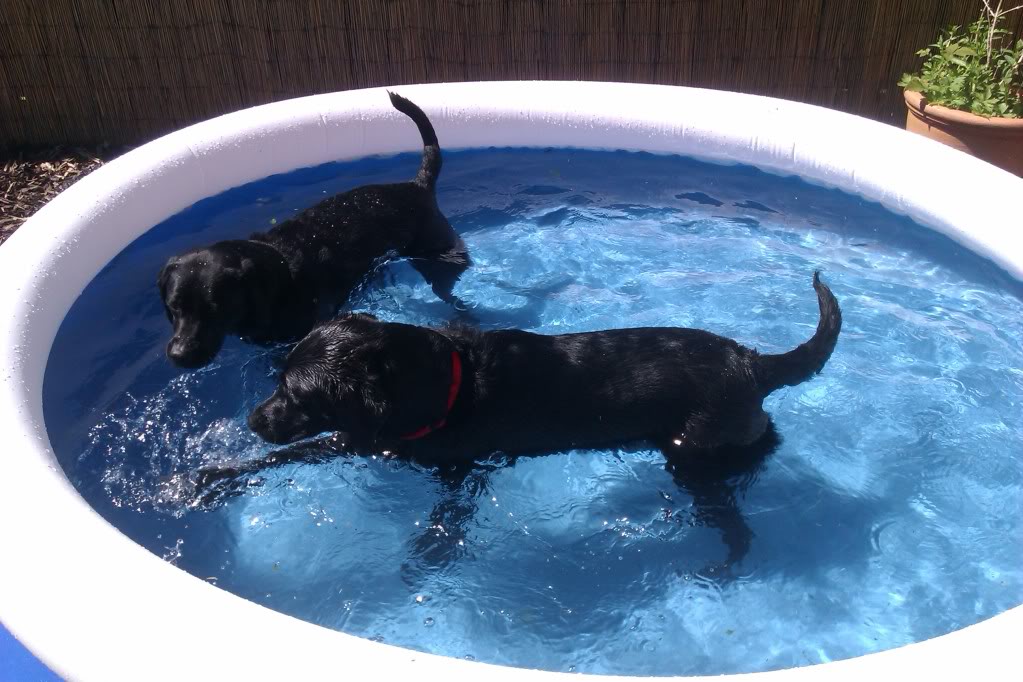Should You Give Your Cats Milk?
We are frequently asked whether or not you should give your cats milk. It has always been seen as the go-to drink for them, with the traditional image of the cat sat by the bowl of milk, lapping it up. However, can cats drink milk?
The cat that got the cream
The reality is that cats are indeed very fond of cream. It contains a high fat content, which is why many cats enjoy drinking a bowl of thick cream. Given the relationship between milk from a cow and cream, many cats naturally gravitate towards milk – especially if it has the cream risen to the top. A saucer of milk for a 4.5kg cat (or an average-size woman) with ordinary cow’s milk inside it can contain the equivalent of four burgers’ worth of fat.
That said, times have changed from the days in which cats would be able to drink milk as fresh as the day is young. The milk that is now available to humans and cats from the supermarket is typically very low in fat. Some cats do still like the taste, but when it comes to how their body interacts with it, many researchers have found that cats struggle to digest milk. Many cats would actually prefer to eat a sardine, rather than be given a bowl of milk that is indigestible.
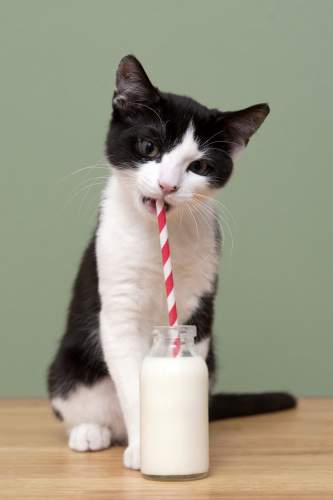
Milk requirements
This varies slightly depending on the age of the cat. As with all infants, kittens are born with the ability to digest lactose, which is the main sugar in milk. This sugar serves as a very valuable source of energy, and can help them grow and gain strength. Ideally they need their mother’s milk as this is packed with nutrients, and the first milk, called colostrum, contains antibody molecules that importantly help provide disease protection against diseases.
However, once they have reached the age of weaning, the ability to digest milk starts to dissipate. This is due to a reduction in the enzyme lactase, which had previously enabled them to tolerate lactose. At this point, milk starts to become indigestible, and the lactose that hasn’t been absorbed by the body may begin to ferment in the gut. It struggles to pass through the intestinal wall easily into the bloodstream, meaning it remains stuck in the intestines. Once the bacteria starts to invade and the fermentation sets in, this can lead to a lot of painful gas forming. It can also lead to an upset tummy for your cat. This may lead to them vomiting, suffering from stomach ache, or getting diarrhoea.
Keeping cats hydrated
These problems can sometimes be fatal for cats, especially if they are very young. Experiencing diarrhoea can lead to them becoming dehydrated very quickly. It’s important to ensure your cat is staying hydrated, especially in hot weather, and has constant access to a bowl of clean, cool water. This can be challenging as, unlike dogs, cats are not able to easily regulate their water balance and lack the innate ability to recognise when they need a drink. It can be difficult to get them to stay hydrated, and often mixing water with their food can be one of the best ways to encourage them to drink.
You can buy lactose-reduced cow’s milk, which can help their bodies digest the milk. This can be purchased from a range of different food stores or supermarkets.
Some of these drinks even contain added vitamins and minerals. Lactose-reduced cow’s milk contains almost 89% water, which means it can help with keeping your cat hydrated while they feel as though they’re getting something tasty. You can either use it on its own to help with weaning, or mix it in with solid food to encourage your cat with lapping. You should always ensure there is a bowl of water around for them too though. Lactose-reduced cow’s milk is often given to cats as a healthy treat, rather than as an everyday element in their diet. If you are looking after a stray cat, you may find that they benefit most from being given some high-quality cat food rather than milk. This will enable them to get all the nutrients and energy that they may be missing.
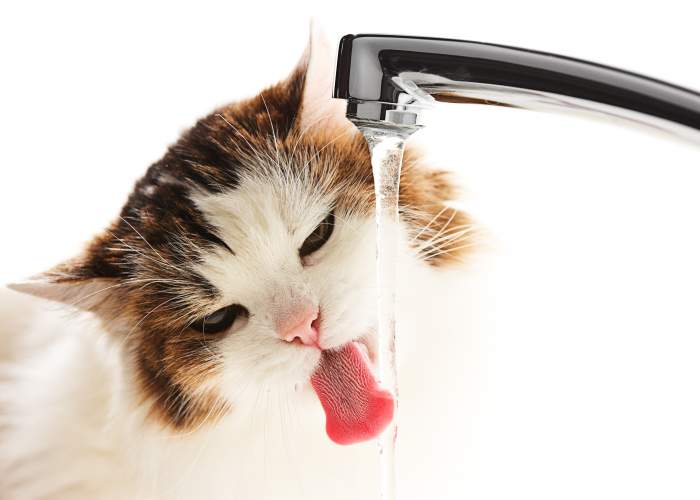
Keeping milk at bay
In a nutshell, while some cats can tolerate lactose-reduced cow’s milk, in general milk is seen as bad for cats and the whole cats and milk myth is exactly that – a myth. That’s not to say they won’t drink it – and many cats do actually enjoy drinking milk. However, it’s a little bit like giving someone who is gluten intolerant a plate of pasta. They may thoroughly enjoy the flavours when they start eating it, but the repercussions on their body will soon leave them feeling that they shouldn’t have eaten it. Ideally, you should give your cat clean water to drink as their main source of hydration. They can survive on this absolutely fine. It’s all they will actually ever need.
Adult cats don’t need milk in their diet. They’re essentially lactose intolerant. It is important to feed your cat a balanced diet though, with more than just soft tissues like meats as these can be low in calcium. However, milk isn’t necessarily the answer to calcium deficiency and a good cat food diet will ensure they have access to all the necessary minerals and nutrients needed. This will include calcium.
If you need advice on what to feed your cat or kitten don’t hesitate to contact our friendly team for more help and advice. We have been treating pets from across West London since 1950 and we can’t wait to meet yours.
Blog and images supplied from the CatDialog Team and Zoetis.
